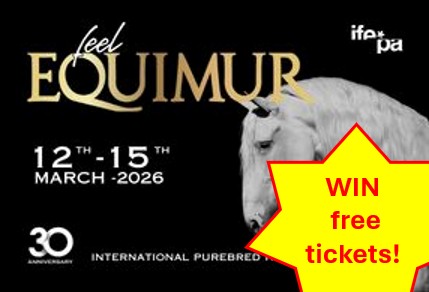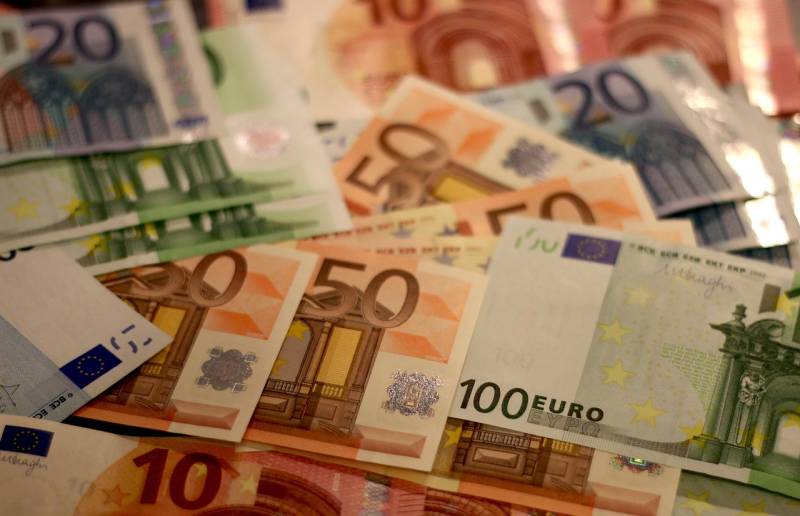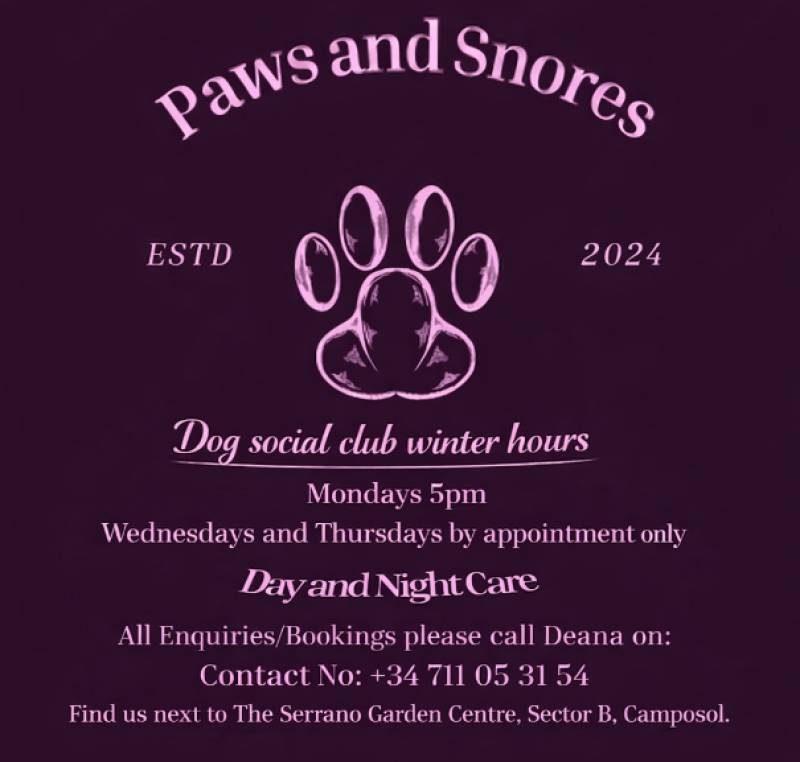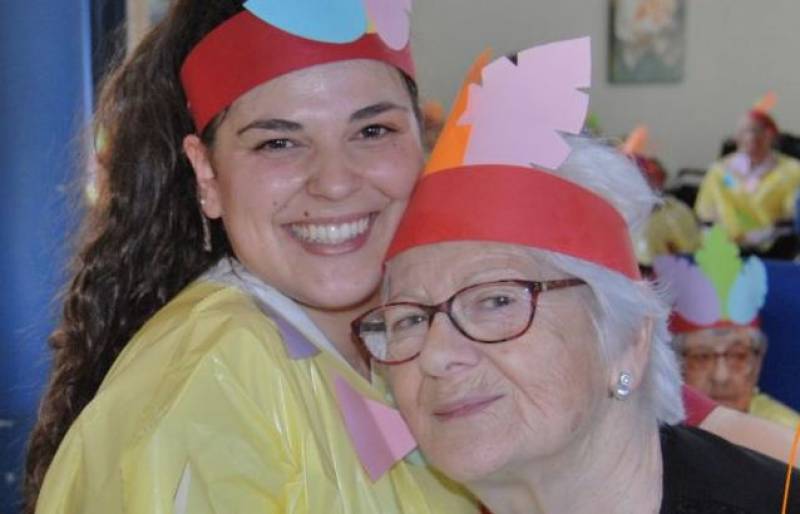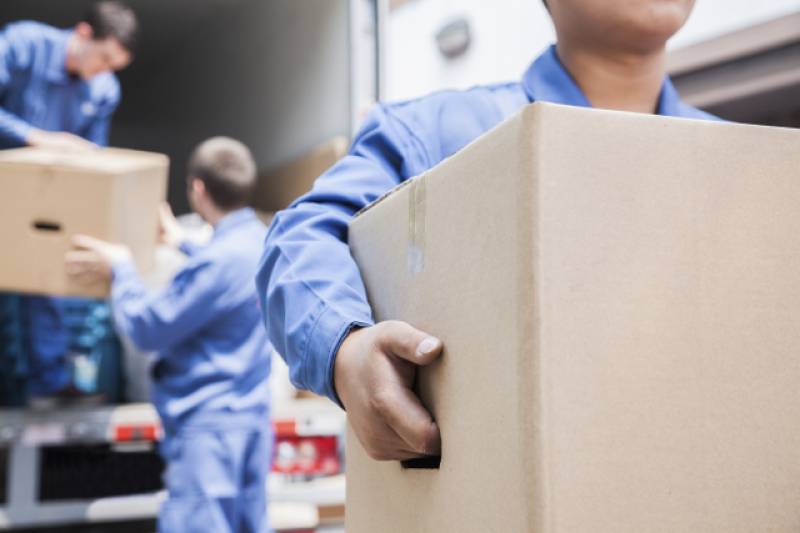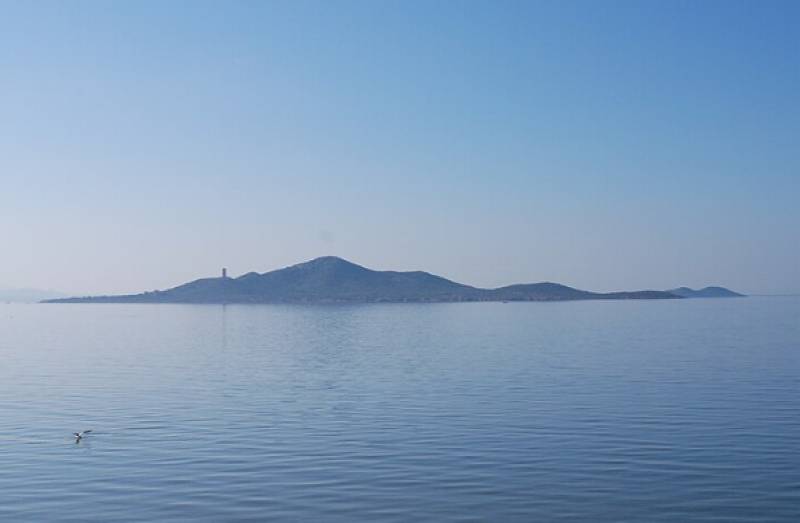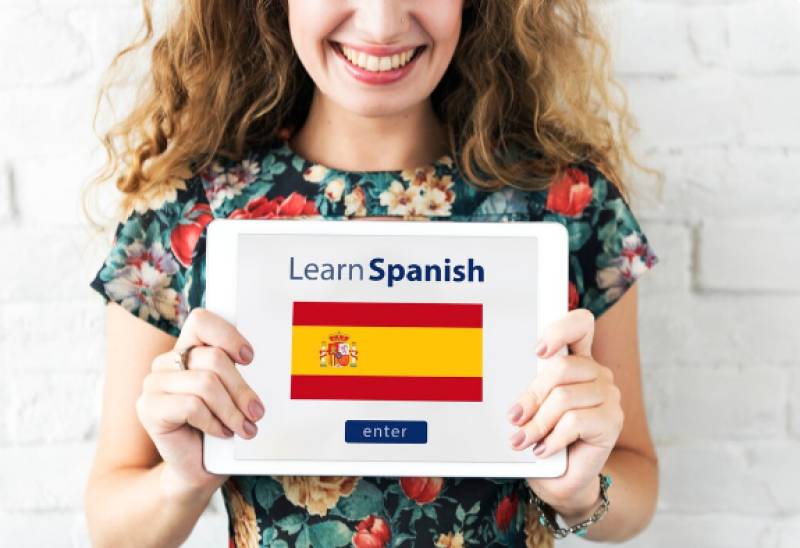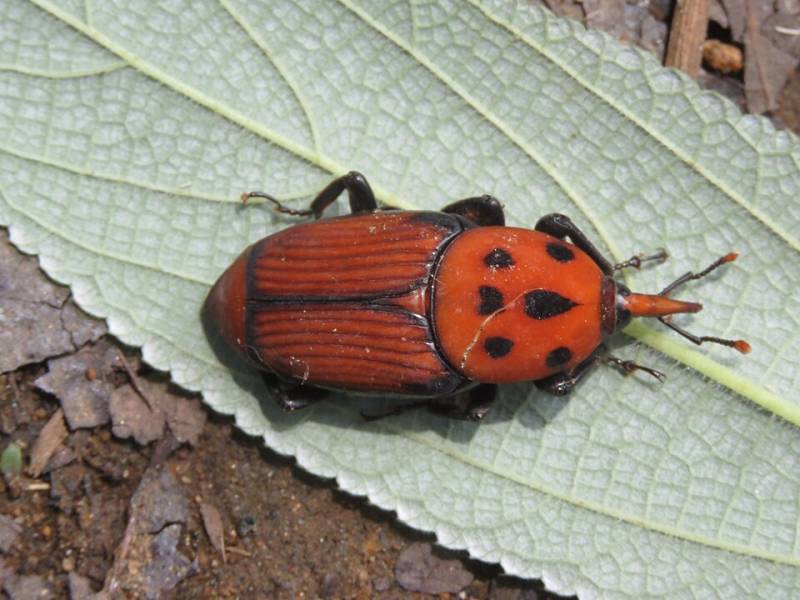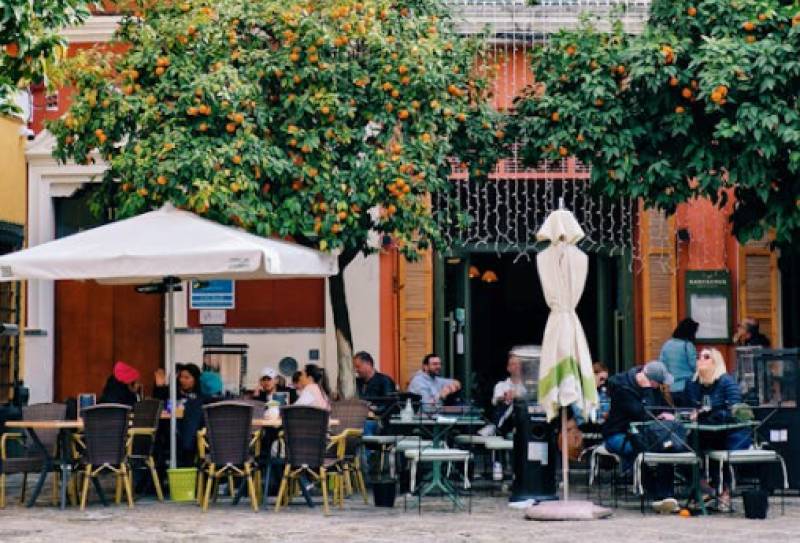- Region
- Vega baja
- Marina Alta
- Marina Baixa
- Alicante
- Baix Vinalopo
- Alto & Mitja Vinalopo
-
ALL TOWNS
- ALICANTE TOWNS
- Albatera
- Alfaz Del Pi
- Alicante City
- Alcoy
- Almoradi
- Benitatxell
- Bigastro
- Benferri
- Benidorm
- Calosa de Segura
- Calpe
- Catral
- Costa Blanca
- Cox
- Daya Vieja
- Denia
- Elche
- Elda
- Granja de Rocamora
- Guardamar del Segura
- Jacarilla
- Los Montesinos
- Orihuela
- Pedreguer
- Pilar de Horadada
- Playa Flamenca
- Quesada
- Rafal
- Redovan
- Rojales
- San Isidro
- Torrevieja
- Comunidad Valenciana
The tradition of the night of San Juan in Alicante and Spain
Magic in the air as fire and water take on mystical properties
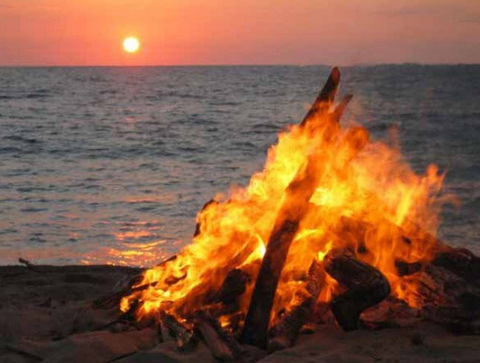 The bonfires (“hogueras” in Castilian Spanish, “fogueres” in Valenciano) which are lit to commemorate the night of San Juan in Alicante are a mixture of Christian and pagan traditions, and although they are 24 hours later in Alicante than in the rest of Spain they still derive from the same fusion of very different elements.
The bonfires (“hogueras” in Castilian Spanish, “fogueres” in Valenciano) which are lit to commemorate the night of San Juan in Alicante are a mixture of Christian and pagan traditions, and although they are 24 hours later in Alicante than in the rest of Spain they still derive from the same fusion of very different elements.
In essence, the supposed magic of this night is derived from St John the Baptist and the mysteries of the summer solstice (or midsummer’s day). St John, whose role was to prepare the way for the arrival of Christ, is said to have been born on 24th June, close to the solstice when powerful solar energy exerts its influence over the Earth. This led to the belief that wishes made in proximity to fire are more likely to come true than those made at other times of year.
Fire is said to provide protection for the coming twelve months for those who dare to jump over the flames, and in Alicante and Valencia the magic is at its strongest for those who perform the leap seven times: in Galicia the equivalent number is nine. In some parts of the world the lighting of bonfires is associated with the need to give more strength to the sun, which from midsummer onwards loses power for the following six months.
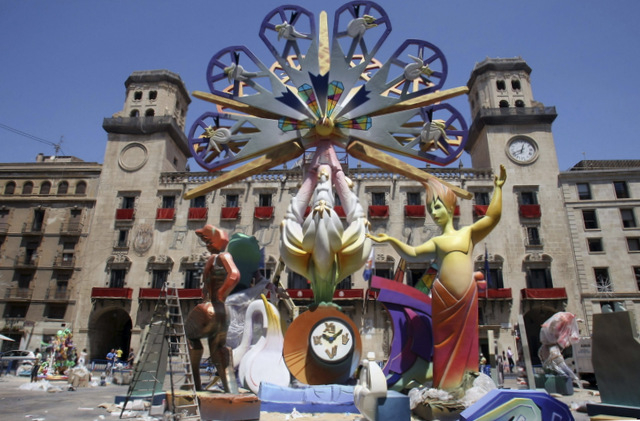 If you've had a rotten year, and would like a bit more luck to come your way in the coming months, write down all the bad on a piece and paper, throw it in the bonfire and leap over the flames.
If you've had a rotten year, and would like a bit more luck to come your way in the coming months, write down all the bad on a piece and paper, throw it in the bonfire and leap over the flames.
The idea of burning as a cleanser is taken to the extreme in many Valencian coastal towns, where paper and wood monumental sculptures are burnt, and the whole of the celebration of San Juan is linked to parties, floral offerings, firework displays, firecrackers and fire, Alicante being the most noteworthy, with the Fogueras de san Joan ( Valenciano for Hogueras de san Juan).
Leave woolen clothing outside all night and you'll be free from moths in the winter to come, or if you want to know about the weather during the next 12 months, chop an onion into 12 pieces, cover with salt, and line up outside in a row. Assign each piece a month of the year, and in the morning you'll know the months in which to expect rain as dew will have formed on those particular pieces.
Water is also an important element, and it is said that those who swim in the sea on the night of San Juan will enjoy good health throughout the coming year. It is said that by jumping over nine waves with your back to the 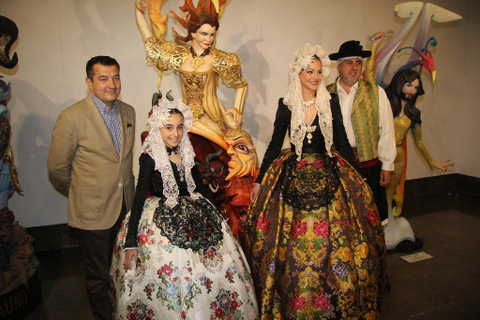 ocean on the night of San Juan you can also rid yourself of negative energies, and women can increase their fertility.
ocean on the night of San Juan you can also rid yourself of negative energies, and women can increase their fertility.
If you'd like a bit of good luck to come your way write down your wishes and cast them into the water, and whilst you're there, wash your feet and face, then jump over the flames, and this will bring you health and beauty for the next 12 months.
In Andalucía there is a tradition whereby people wash their faces at midnight on 23rd June in order to ensure that they remain healthy (or attractive, depending on the version!) for the next twelve months, and other magic spells are attributed to this magical day (and night) throughout the rest of Spain.















